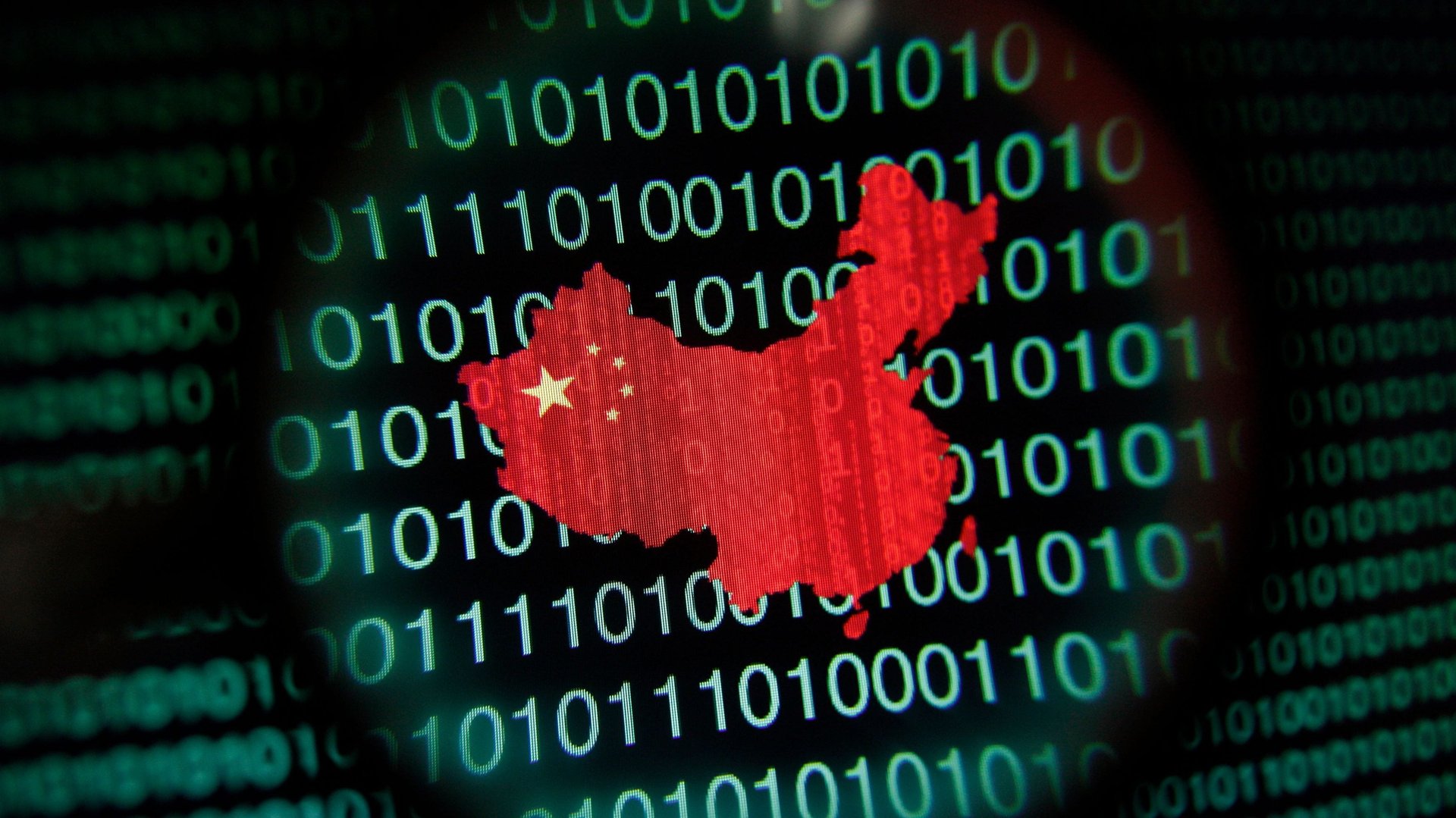China’s blockchain ambitions are revealed in the sheer number of patent applications
How hot is blockchain in China? “Even vendor aunties selling vegetables are talking about blockchain” is a saying spreading widely on social media—and it isn’t much of an exaggeration. Chinese companies, if not street hawkers, are racing to file patents tied to the technology that makes it hard to tamper with information.


How hot is blockchain in China? “Even vendor aunties selling vegetables are talking about blockchain” is a saying spreading widely on social media—and it isn’t much of an exaggeration. Chinese companies, if not street hawkers, are racing to file patents tied to the technology that makes it hard to tamper with information.
Last year more than half of the world’s approximately 400 blockchain-related patent applications were from China, according to Thomson Reuters, which sourced data from the World Intellectual Patent Organization, a self-funding group under the United Nations. China nearly quadrupled its number of such filings in 2016. The US ranked second last year, with 91 filings compared to 21 in 2016. It’s all part of “land grab” underway as technology and financial firms around the world try to secure intellectual property centered around blockchain.
Born in 2008, blockchain creates secure copies of a ledger and provides a mechanism for various parties to check and agree on a set of facts, which, after being recorded, can’t be changed. Some of its most famous applications include cryptocurrencies like bitcoin and ethereum.
Of course, many applications for patents are rejected, and a patent doesn’t always translate into an actual product. But patents attract investment and serve as useful market barriers, noted Alex Batteson, editor at Thomson Reuters’ Practical Law, in a statement. “They are a tool that can shut out competitors and provide first movers an advantage. Many of the largest companies in the tech world make the majority of their income from licensing patented technology.”
Chinese companies are especially enthusiastic about adopting the technology. ZhongAn Online, an insurance-technology firm, uses blockchain to track the life cycles of poultry, so consumers can rest assured they’re eating organically farmed chickens. Online retailer JD.com has experimentally applied the technology in supply chains to track domestic and international beef products for shoppers.
Blockchain was also a surprisingly hot topic at the recent Two Sessions meeting, China’s biggest annual political gathering. Even though authorities have cracked down on initial coin offerings and cryptocurrency mining and trading, the government, too, is turning to blockchain, aiming to create its own digital currency.